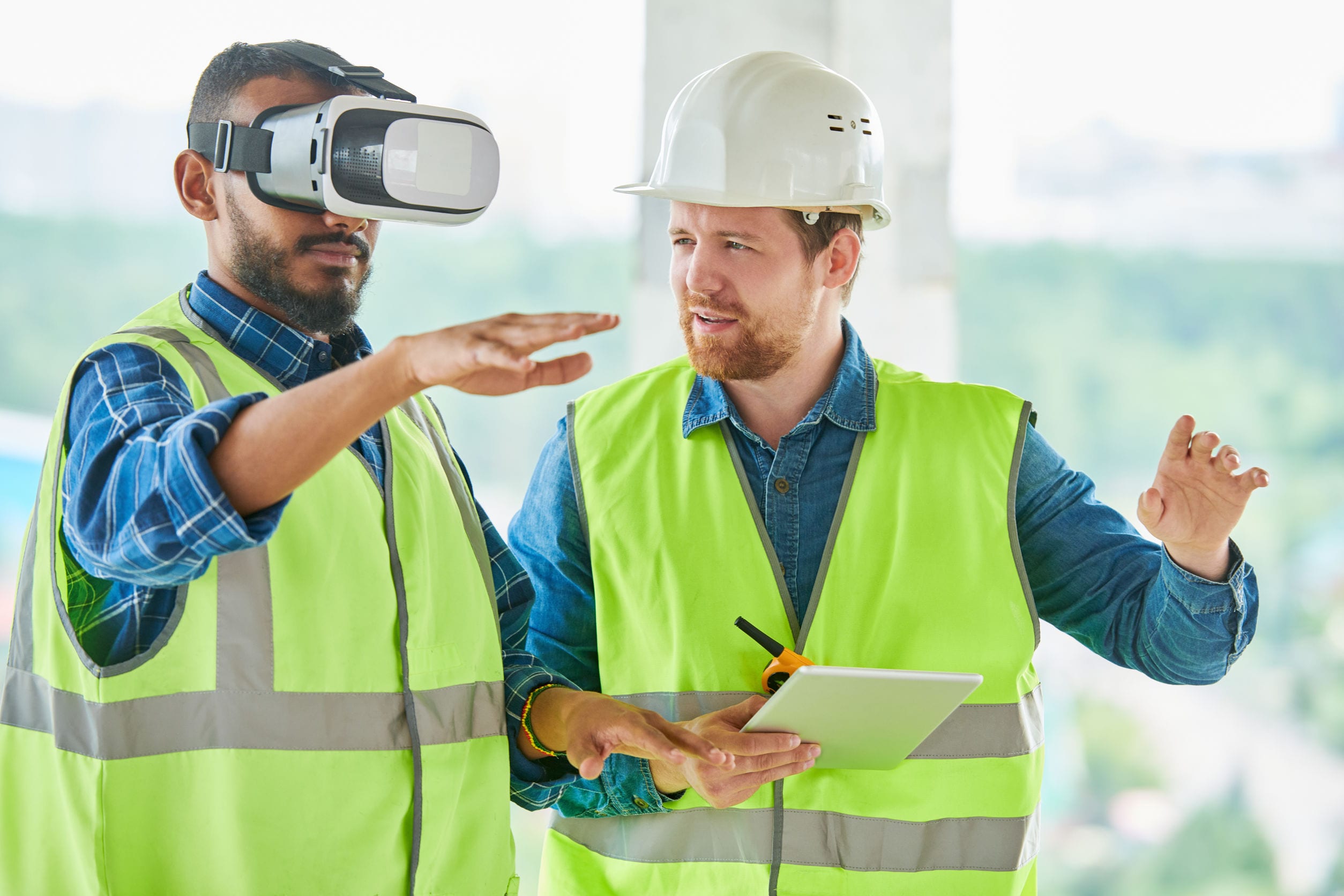Corning is a global leader and pioneer in the field of materials science. For more than 160 years, Corning has leveraged its unmatched expertise in specialty glass, ceramics and optical physics to collaborate with its partners to develop new materials, products and processes that are integral to everyday life. Continued investment in research & development, a unique combination of material and process innovation, and close collaboration with its customers to address complex technological challenges underpin the company’s success. As a pioneer, Corning thus relies on new technologies to continuously optimize processes and make work processes safer for employees. Therefore, Corning chose the high-tech XR company ZREALITY from Kaiserslautern as a partner for the implementation of a virtual reality quality management solution.
The jointly developed application reproduces the setup process of a production line of Corning GmbH in Kaiserslautern, Germany. After its successful introduction, it can be used globally by Corning worldwide. First of all, a “digital twin” of the production line was developed in 3D, which simulates more than 100 work steps of a set-up process carried out by two employees. Great importance was put to the correct representation of all technical components as well as the tools to be used. The employee wears virtual reality goggles during the training, so he is in a completely virtual environment and can also operate tools via controllers in his hands. Force feedback, animations and visual effects simulate haptics and the behavior of the plant components realistically to achieve a maximum learning effect. The solution was developed on the ZREALITY Sphere platform, which on the one hand enables delivery to all VR headsets on the market, and on the other hand allows Corning itself to maintain training content within the application via the Sphere CMS.
In addition to cost savings and increased efficiency, the objectives of the implementation are damage prevention while complying with safety guidelines. Errors are documented in shifts and their avoidance can be trained with the help of the solution. This also makes it much easier to train new employees and trainees, as training can be carried out regardless of location. In addition, a didactic concept was implemented that supports natural visual learning. First, the user can view a tutorial in 3D. In the next step, a virtual character demonstrates the work steps before the employee himself subsequently practices them independently.
“The initial feedback on the solution has been very positive,” says Adrian Dietrich, Head of Sales & Marketing at ZREALITY. “Although users had to learn a completely new technology, they described the experience as intuitive, easy to understand and very useful for avoiding errors in the daily workflow.”
